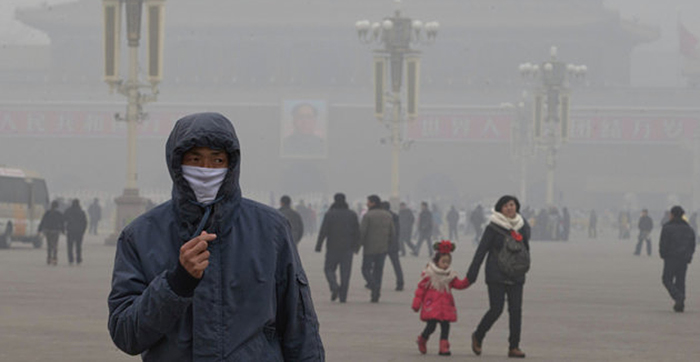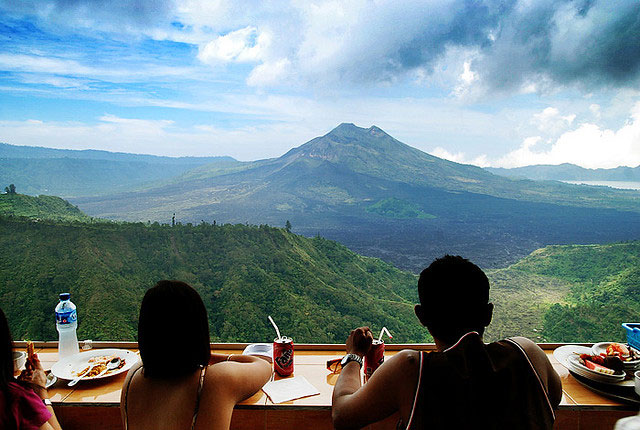Staying Healthy in Asia While Traveling

Asia is a dream destination for travelers seeking to broaden their cultural horizons or experiences as part of a holiday. The continent is vast, covering 8.7% of the world’s surface (that’s 30% of its land) and harbors some 4.3 billion people (approximately 60% of the world’s total population).
Comprising 48 countries – including a number of the world’s largest – Asia offers an infinite number of cultural experiences to be explored. Some are much more ‘exotic’ than those in the West, yet others maintain very similar values and beliefs, their unique histories making for an interesting blend of the modern and the traditional.
Voyaging to Asia has never been easier, historically speaking: there are regular commercial flights and well-established cruise lines to multiple destinations across the continent. Thanks to slightly more liberal border regulations, visas or travel permits for countries that were previously fairly inaccessible (like Russia and China) are now more straightforward to obtain. Make sure to check with the U.S. Bureau of Consular Affairs for details before you embark on your trip.
Crucially, there are a number of health precautions you should take prior to any travel abroad. The World Health Organisation (WHO) recommends basic adult immunization and additional vaccinations tailored to the conditions of the country you’ll be visiting to be completed at least four weeks prior to departure. Basic adult immunization means being protected against Influenza, Tetanus, Diphtheria, Whooping Cough, Chicken Pox, Measles, Mumps, and Rubella. In most countries these vaccinations are routine, but check to see whether you need a ‘booster’ before going abroad.
Vaccinations against Hepatitis A and Hepatitis B are recommended for all travelers to developing countries. These illnesses could be contracted through every-day exposure to water, foodstuffs and bodily fluids, and are a valuable precautionary measure, even for travelers who will only be visiting Bangkok, Negasaki, Bali, or Beijing as a stop-over. If you’re taking a package holiday, like a cruise, the organizers will usually make sure all health precautions have been taken by passengers on-board, before they set foot in any potentially hazardous area. If you are journeying alone or by land, these vaccinations are no less critical – you must ensure you have taken all necessary precautionary measures yourself.
Vaccinations against Typhoid and Rabies should also be considered. The latter is recommended by the WHO (especially if the stay is extended) if sanitary conditions are likely to be varied (i.e. if backpacking and staying in low-budget hotels). Large cities are generally considered safer – travel to smaller towns and villages, however, may pose greater risk of infections. The advice, in the US State Department’s own words, is: “if you plan to travel outside of major…cities, you should consider making special preparations.”
Vaccinations against Japanese Encephalitis, Polio, and Yellow Fever are necessary only for travel to specific areas; recommendations vary and it is worth double-checking with a travel clinic several weeks prior to departure. Similar guidelines also apply for protection against Malaria. Although considered endemic in many Asian countries, the mosquito-borne infection is only a danger to those travelers who intend to journey in specific ‘high-risk’ regions. South-East Asian rainforests and fringe areas are generally considered to fall into this category.
The current geographical distribution of Malaria can be checked on the WHO map, and travel clinics also provide excellent country-specific advice. In addition to taking anti-malaria medication (two weeks prior to and during the trip), travelers visiting Malaria-infected areas should also consider investing in bug nets and mosquito spray (especially if you are planning on eating or continuing activities after dark, or will be staying in damper regions). Sprays containing a high concentration of the chemical known as ‘deet’ are most effective in keeping away insects, although they may be irritating to sensitive skin.
Another vital precautionary measure you should make before your trip is comprehensive health insurance (again, if you’re traveling as part of a package holiday this may be included in your deal – be sure to check with your travel operator for details). The U.S. government recommends asking your regular medical insurer two questions: “Does my policy apply when I’m out of the United States?” and “Will it cover emergencies like a trip to a foreign hospital or medical evacuation?” It is also worth noting that the U.S. Social Security Medicare Program does not provide coverage for hospital or medical costs in Russia (travel.state.gov).
The U.S. government’s medical advice for traveling in India – one of the most popular Asian travel destinations – can be transferred wholesale to the case of several other Asian countries (like Kazakhstan and Mongolia) that experience similar complications. Medical care in urban centers approaches or meets Western standards, but “adequate medical care is usually very limited or unavailable in rural areas” (travel.state.gov). Cash payment for medical treatment is the norm (similarly especially within China), so always make sure to carry an emergency cash fund. Additionally, travel between certain areas, may be subject to very specific vaccination requirements. For example, entering India from Sub-Saharan Africa necessitates presentation of evidence of vaccination against Yellow Fever. You could be subjected to deportation or quarantine if you cannot prove you are appropriately protected.
Visiting Asia is a unique and enchanting experience, but remember to prepare significantly in advance of your travel dates. Alternatively, reserve a place on a package holiday that will help you organize any health requirements before you travel. For further information, contact the CDC International Travelers’ Hotline on 1-877-FYI-TRIP (1-877-394-8747).







